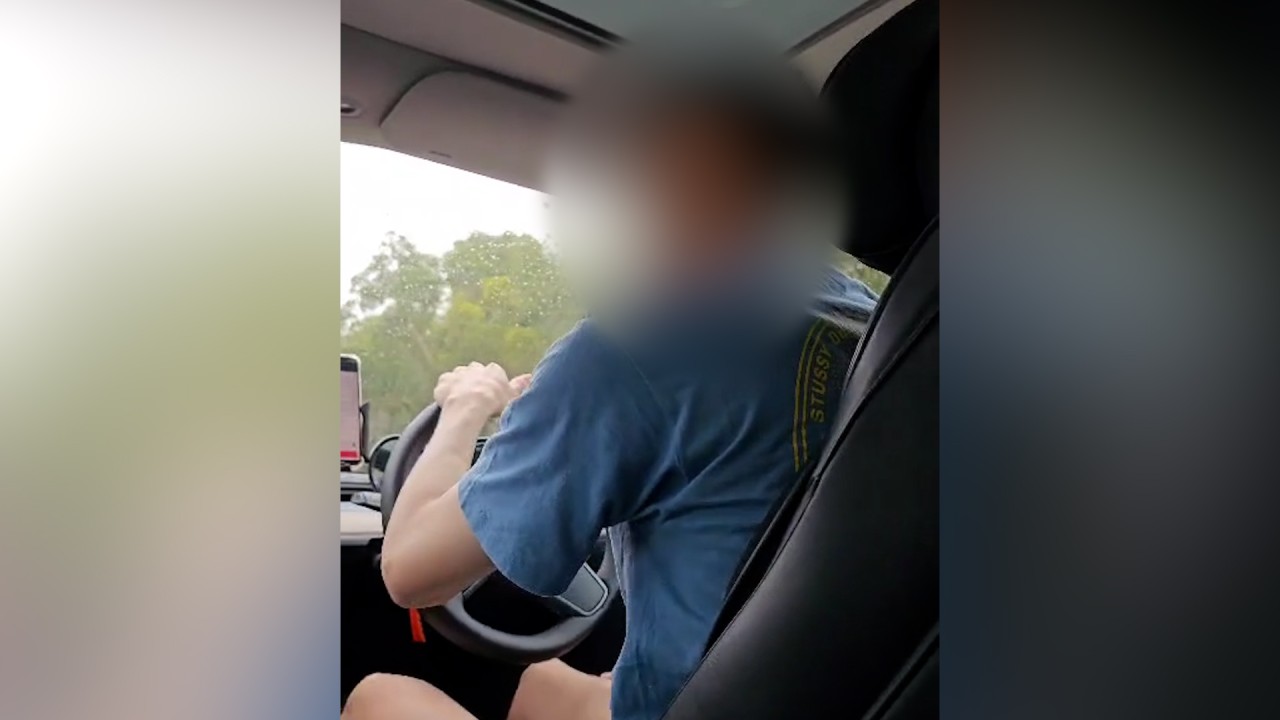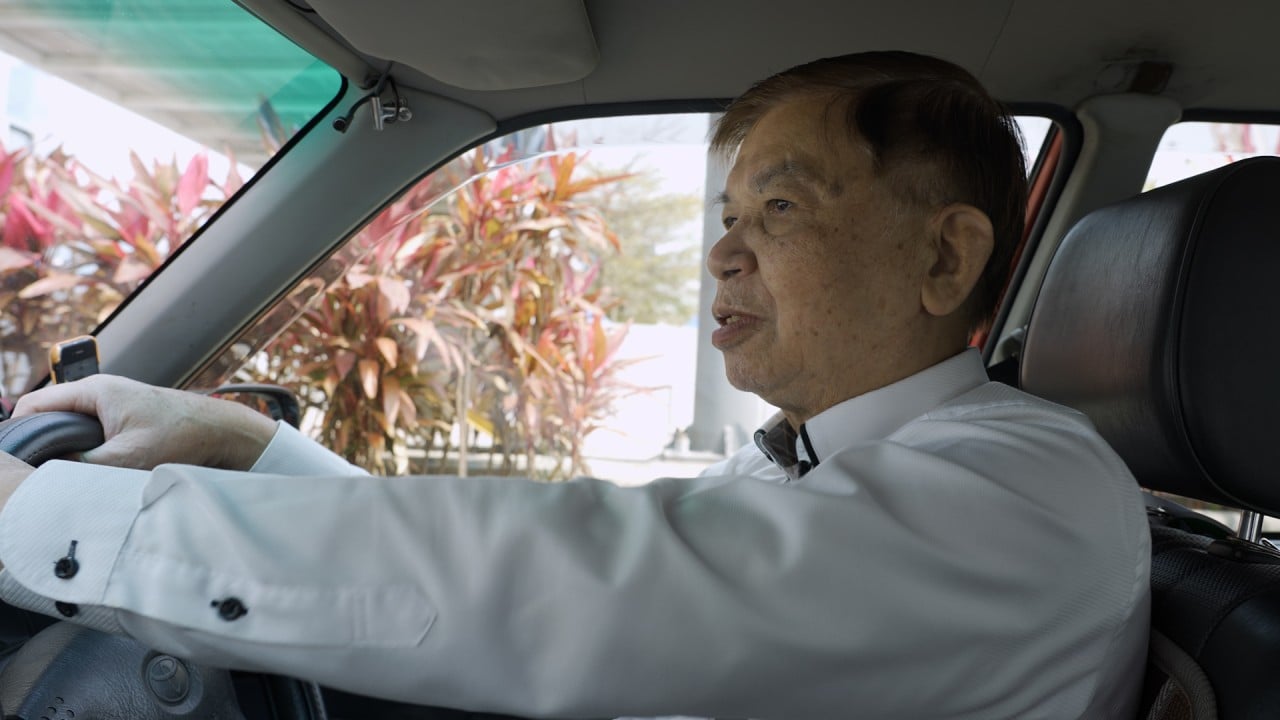Chief Executive John Lee Ka-chiu was
quick to discourage people from taking the law into their own hands without proper training and legal knowledge. Lee rose through the ranks in law enforcement, and his call should be heeded. Civilians won’t be able to call for backup if unexpected circumstances arise; besides, legal procedures must be strictly followed.
As it is, even the taxi fare rise has been controversial. The industry’s initial request
led to an outcry from the public and lawmakers. The government curbed that request, but we are still talking about an average fare increase of 9 per cent per ride, far above the rate of inflation.

00:59
Hong Kong taxi drivers continue to report Uber drivers despite online backlash
Hong Kong taxi drivers continue to report Uber drivers despite online backlash
None of this will fix the strained relationship Hong Kong commuters have with the city’s cab drivers. While taxis can be a convenient way to travel, bad behaviour and driving have long put potential passengers off. Common complaints include drivers
refusing customers,
ripping off tourists or
taking longer routes,
dangerous driving,
smelly or dirty cab interiors, and drivers complaining about a passenger’s chosen route being too short, too far or too inconvenient.
Only after Uber entered the market did passengers have the choice not to deal with these issues. Hong Kong’s taxi drivers have had it too good for too long and are now counting down the days before they must shape up or get shipped out. “Especially when the taxi industry’s image is so negative, if it can’t fix its quality problems, people will just opt for alternatives,” said Scott Leung Man-kwong, a lawmaker and member of the Legislative Council’s transport panel.
The taxi industry has taken baby steps to catch up with the times. It took too long for
cashless payment to be offered, and these options are still not available in all taxis. Vehicles that are in poor condition are still in service. Taxi drivers should be required to maintain acceptable service standards.

03:47
Elderly taxi driver keeps his foot on the pedal as public debates over ageing drivers
Elderly taxi driver keeps his foot on the pedal as public debates over ageing drivers
Taxi drivers have pointed the finger at competitors, insisting that ride-hailing services have hurt the industry and complaining that the government has
failed to apply the law to Uber. However, it looks unlikely that the government is going to crack down on a service Hongkongers and tourists increasingly prefer to taxis.
The Transport Advisory Committee’s complaints unit received 11,096 complaints and suggestions
related to taxi services last year – a 52.8 per cent increase from 2022. At this point, one must ask whether the industry can regulate itself. Looking at the numbers, the answer is clearly no.
The government has dragged its feet on clearing up
the legal issues that surround the operation of car-hailing services, and ought not to continue sweeping the matter under the carpet. Many have argued there are enough passengers to go around. Lawmaker Johnny Ng Kit-Chong said taxis and Uber did not have a “life or death” relationship, but could coexist.
Again, it is the government that needs to step in, address the grey area and ultimately ensure that passengers are protected. It has vowed to release the results of its study on the legal issues surrounding ride-sharing services to lawmakers in July. It also
said in December that it would regulate ride-sharing services.
The chief executive has indicated that public opinion will be weighed as the government decides on its next step. After a decade, it is clear what the public thinks: not only do we need ride-sharing services to be regulated, traditional taxis also need better regulation.
Alice Wu is a political consultant and a former associate director of the Asia Pacific Media Network at UCLA

